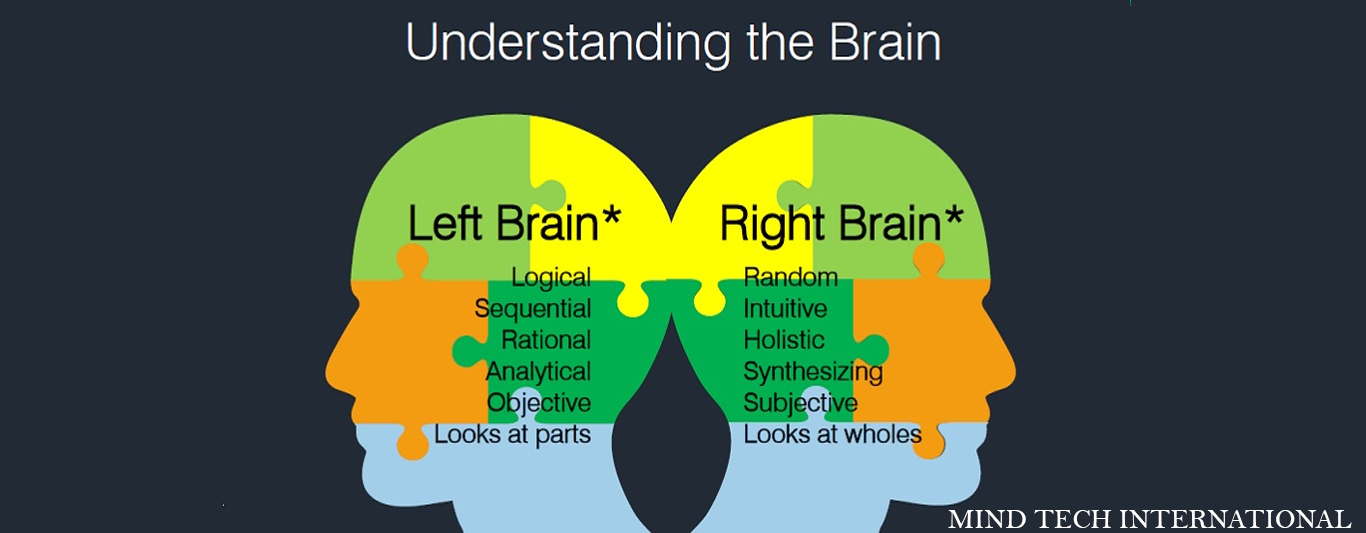Each and every child has a different personality and to achieve best results parents / teachers should communicate with them in a manner that suits the child’s personality. Communicating in a wrong way won’t give the desired results plus it will lead to a problem in the relation between parent and child. DMIT reveals the personality type of the child and also suggests the appropriate communication strategy which will give the best result. Personality of a person can be generally classified in the following four categories :
- Self-cognitive
- Affective
- Reflective
- Reverse thinking
For Example:
| PERSONALITY TYPE | CHARACTERISTICS | PREFERRED COMMUNICATION STRATEGY |
| Self-Cognitive | Will not easily agree with the theory unless reasonable explanations or evidences are given, | Give them understanding of facts and theories before asking them to memorize. |
| Goal-oriented, self-impelled, self-motivated and have very high self-expectations and will-power | Avoid giving direct instructions or orders. Provide options as they will take full responsibility for their decisions. | |
| Are Self-centered, self-understanding, self-conscious, independent, innovative and like to discover new things on their own. | They are good in self-management. They want to improve themselves….hence excessive pressure is unnecessary. Let them learn something new in which they are interested as they will learn it seriously. | |
| Affective | They learn by modeling others. However, because of this,,,,,they learn both good and bad things from others. | Help them create their own aspiring role model as inspiration. |
| Are social oriented and value the relationship with the people | Teach them through demonstrations, role-playing and on-hand practices. | |
| May give up learning half way due to emotional commotions. | They learn better if the there is warm intercommunication with the parents and the teachers. | |
| Are very creative and flexible. | Continuous encouragement should be given to help them overcome emotional setbacks. | |
| Lack of initiative, need to be supervised regularly | Help them prepare detailed plans, and regularly encourage them to achieve their goals. They will need frequent reminders. | |
| Reflective | Have infinite potential and plasticity. They learn whatever they are taught only if proper guidance is given. | For best results provide extensive training and good amount of learning material. |
| Through proper guidance can go to become a professional in their field. | Use one to one teaching method. | |
| Are pragmatist, practical and hardworking. | To make them successful education and continuous positive encouragement are required. | |
| Are efficient and prudent and hence find vagueness objectionable. | Give them proof of what you teach. | |
| Reverse Thinking | Their way of thinking differs from others. Others may consider it abnormal but for them it is normal | It is must for parents and teachers to respect their unique attributes and creativity. |
| They like to ask questions and are persistent in getting the answers which they will evaluate critically. | Despite their uniqueness or eccentricity, accept them for who they are instead of forcing them into normality. | |
| Are self-centered and prefer to look at things differently so people tend to regard them as eccentric, peculiar or rebellious | When they ask questions, answer them patiently. | |
| They can make quick decisions without lengthy discussions | Choose learning materials which induce their critical thinking ability. | |
| Parents should tell the teachers and schoolmates about their child’s extraordinary thinking so that others accept him. | ||

